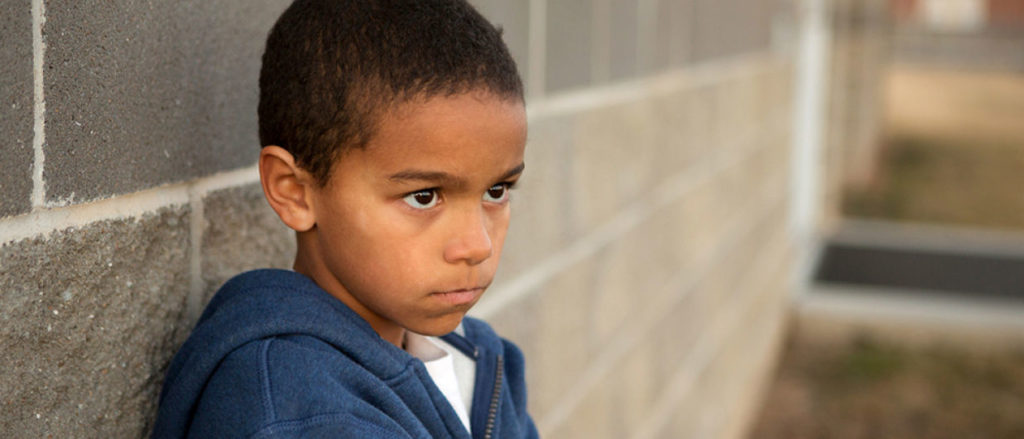Anger is learned. Let me rephrase that. The behaviors we exhibit when we are angry are learned that’s why anger management is very important. When you look at your children, there is a high likelihood that their behaviors when angry resemble either you or your spouse’s behavior when you’re angry. If you don’t see it at first glance, take a closer look!
Anger by definition is a feeling you have when you believe you are being threatened. The anger feeling itself can range from “Mild irritation to intense range”. Children have the same capacity as adults to experience this range on the anger spectrum. However, it’s the behaviours of anger we will be discussing in this blog and this is referred to as Anger Styles. (The things we do, say, feel and experience during an anger episode) These styles can be divided into 3 main categories.
A child’s style of anger is constant in most situations. A child may have more than one style of anger but one style will always be dominant.
Passive Angry Child
The passive child is young person who keeps their anger inside or internalizes their anger. They may have been born naturally introverted – but their introversion is not the issue in question. The passive child is afraid of anger. Instead of expressing their anger, they tend to dismiss it and go along with the crowd (pleasing), become distracted with other activities like playing with dolls, books (Denial) or direct their anger in acceptable situations E.g. video games. No matter what method they use to channel their anger- the issue that angered them does not get resolved. Passive Children either see mom or dad being unfair when angry and unconsciously vow not to do anger the same way, or they’ve been told by a parent that anger is bad-or shamed for becoming angry. A Passive Child will often have low self-esteem or think negatively of themselves because they never solve problems and don’t confront the targets of their anger (especially mom or dad).
Solution:
- Normalize that Anger is a natural and even helpful in solving problems. Apologize to child on behalf of those who have demonstrated anger as a bad thing. Help child to see the physical, emotional and mental implications of keeping anger inside and present to child how to confront people safely.
- Anger Management for kids can be extremely helpful
Aggressive Angry Child
The aggressive child does not hold back. When angry all hell breaks loose and they will hit, push, shove, scream, break – showing no mercy or sensitivity to those around them. A child who is aggressive –can be born with a strong will but we are looking for more than strong will when we conclude a child as aggressive. Aggressive children tend to lose control and find no solace in talking things out .Perhaps, they’ve not been give tools to problem solve more effectively, or such anger behaviour has been modelled in the home. Nonetheless, such children tend to have a low tolerance for frustration and resort to extreme behaviours when they feel angry. This anger style is quite common in Autistic children. Such children can benefit from taking an anger management course in order to find alternative ways of managing intense emotions.
Solution
- Explain to child that scars left from explosive behaviour can be more than physical and can result in life long emotional hurts to a person’s heart. Tell the child how his/her actions affect you and be vulnerable about feelings of fear and even despair you feel when they lose control.
- Anger Management for kids can be extremely helpful
Passive Aggressive Angry Child
The passive aggressive child has quickly learned that when he or she is angry, they can outsmart people. Instead of using their heart, they use their head. This child has a strong mind and can manipulate and frustrate you to the point of losing control. A passive aggressive child can be extremely controlling, calling your bluff as a parent, procrastinating when told to do something, or debating or arguing so much that you eventually give up the fight. A child who has developed this strategy is bent on winning and using his cognitive abilities to outwit you. Passive Aggressive children often hate being controlled and the passive aggression is a tool to control you back. These passive aggressive actions give child a sense of power and control over circumstances or situations they hate.
Solution:
- Question the child on their perceptions of feeling controlled. Explore and Share how they can solve problems by communicating to others they hate being controlled. Offer child more opportunities and choices to increase their sense of self control.
- Anger Management for Kids can be extremely helpful.
If you believe your child falls into one of these anger styles and can benefit from Anger Management for kids, please give us a call at 866-503-7454. Positives Kids specializes in Anger management for kids
GET TO KNOW MORE
Positive Kids offer groups and classes for kids struggling with social skills. For more information, contact us at 866-503-7454.

